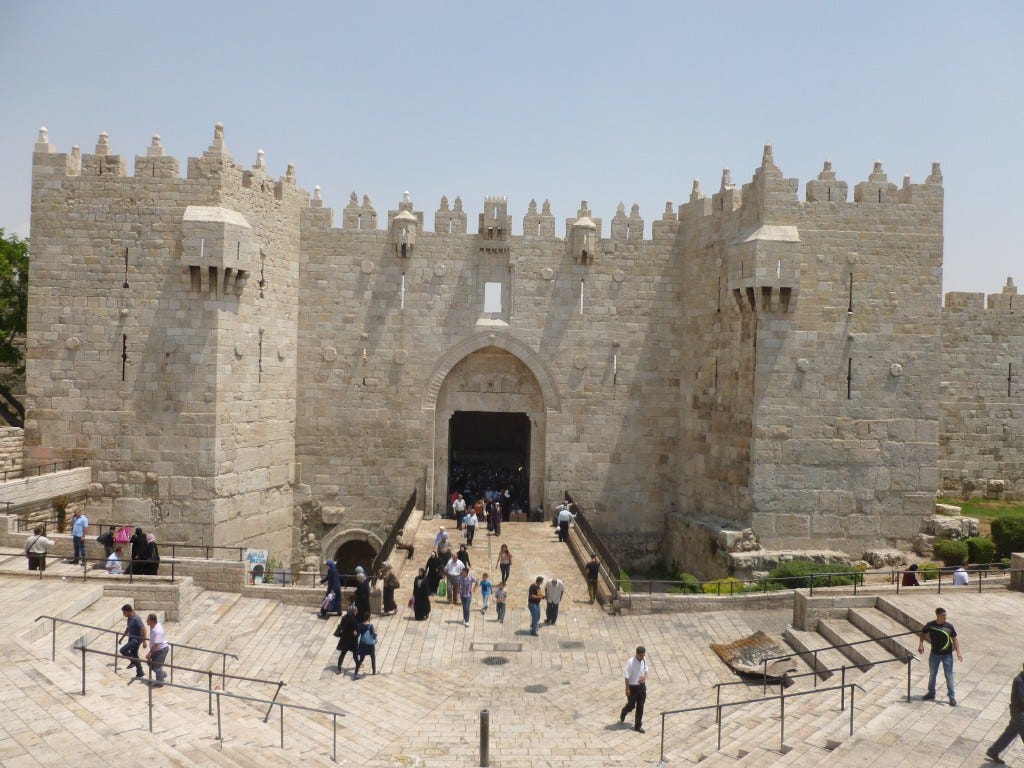UPDATE: What Kind of Torah Supports the War?
It's not even talking about yeshiva students.
A reader, Gabriel, pointed out the following with regard to the previous post:
The phrase לעסוק בתורה in this Gemara doesn't even mean "study Torah"! The phrase לעסוק בתורה has a more general meaning of "being involved in Torah matters". In this Gemara it specifically means "judging people according to Torah". The judges used to sit at the city gates. They would judge people according to Torah, thus rendering *tangible services* to society: serving justice, solving conflicts between people, and thus creating a better society. That's what Torah is supposed to do. The purpose of Torah study is to practice. ללמוד על מנת לעשות.
The phrase לעסוק בתורה also appears in Sanhedrin 49a, with the meaning of "judging people according to Torah". (That's the Gemara that talks about King David being עוסק בתורה at the time Yoav was waging wars. That Gemara specifically quotes a verse which says David judged the people, as proof that he was עוסק בתורה.)
The phrase לעסוק בתורה also appears in Avoda Zara 2b. That Gemara has a long story about a future argument between G-d and the nations at the end of days. The Gemara switches mid-story from the Jewish people being מתעסק בתורה to them being מקיימין את התורה. And at the end of the story G-d gives the nations the Mitzva of Sukkah. Hence, you see that throughout the story they are talking about the Jews *keeping* the Torah in general.




Completely agree. Even in the areas where learning Torah is the literal translation, it is a means to an end of living as an עבד ה. As is well known, it is possible to be a נבל ברשות התורה.
I guess we have the old question here of whether the bracha לעסוק is the same bracha as והערב נא (as many modern siddurim have it) or if they are separate (as the Rambam has it). והערב is all about learning, and l'shma. Should you combine them, there's an implication that לעסוק means to learn l'shma. Separate, maybe not so much.